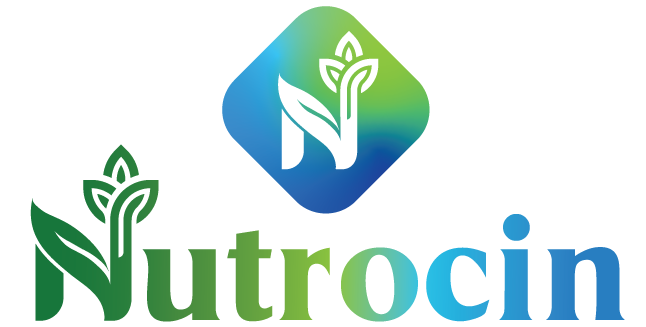IS IT PROVEN?
New scientific studies are confirming what was first known hundreds of years ago (see Ancient Wisdom). These are just some of the articles that attest to the antidepressant properties of probiotics, saffron extract and polyphenols of pomegranate peel extract.
Many clinical trial studies are available regarding the antidepressant, anticonvulsant, memory enhancer and sedative activities of saffron (Crocus sativus L.) extract or its active constituents as well as the antioxidant, anti-viral, and anti-atherosclerotic properties of polyphenols originated from pomegranate peel extract to inhibit lipid peroxidation in the brain:
A review of in vitro and in vivo animal or human-based studies by Lopresti and Drummond (2014) [1] showed that in the placebo-comparison trials, saffron had large treatment effects and, when compared with antidepressant medications, had similar antidepressant efficacy. Saffron’s antidepressant effects potentially are due to its serotonergic, antioxidant, anti-inflammatory, neuro-endocrine and neuroprotective effects.
Fukui et al., (2011) [2] reported that in a human trial on female participants, exposure to saffron odour for 20 min significantly lowered cortisol levels in both the follicular and luteal phases which was associated with reductions in symptoms of anxiety.
Mazidi et al., (2016) [3] observed a significant reduction of beck depression and anxiety inventory scores in 60 adult patients with anxiety and depression with saffron supplementation in comparison to placebo at the 12-week time-point.
Moshiri et al., (2006) [4] showed that the petal of C. sativus produced a significantly better outcome on Hamilton Depression Rating Scale than placebo and there were no differences in the case of side effects
[1] Lopresti, A. L., & Drummond, P. D. (2014). Saffron (Crocus sativus) for depression: a systematic review of clinical studies and examination of underlying antidepressant mechanisms of action. Human Psychopharmacology: Clinical and Experimental, 29(6), 517-527.
[2] Fukui, H., Toyoshima, K., & Komaki, R. (2011). Psychological and neuroendocrinological effects of odor of saffron (Crocus sativus). Phytomedicine, 18(8-9), 726-730.
[3] Mazidi, M., Shemshian, M., Mousavi, S. H., Norouzy, A., Kermani, T., Moghiman, T., ... & Ferns, G. A. (2016). A double-blind, randomized and placebo-controlled trial of Saffron (Crocus sativus L.) in the treatment of anxiety and depression. Journal of Complementary and Integrative Medicine, 13(2), 195-199.
[4] Moshiri, E., Basti, A. A., Noorbala, A. A., Jamshidi, A. H., Abbasi, S. H., & Akhondzadeh, S. (2006). Crocus sativus L.(petal) in the treatment of mild-to-moderate depression: a double-blind, randomized and placebo-controlled trial. Phytomedicine, 13(9-10), 607-611.
[5] Mori-Okamoto, J., Otawara-Hamamoto, Y., Yamato, H., & Yoshimura, H. (2004).
Pomegranate extract improves a depressive state and bone properties in menopausal syndrome model ovariectomized mice. Journal of ethnopharmacology, 92(1), 93-101.
[6] Wickelgren, I. (1997). Estrogen stakes claim to cognition. Science, 276(5313), 675-678.
